Related Articles
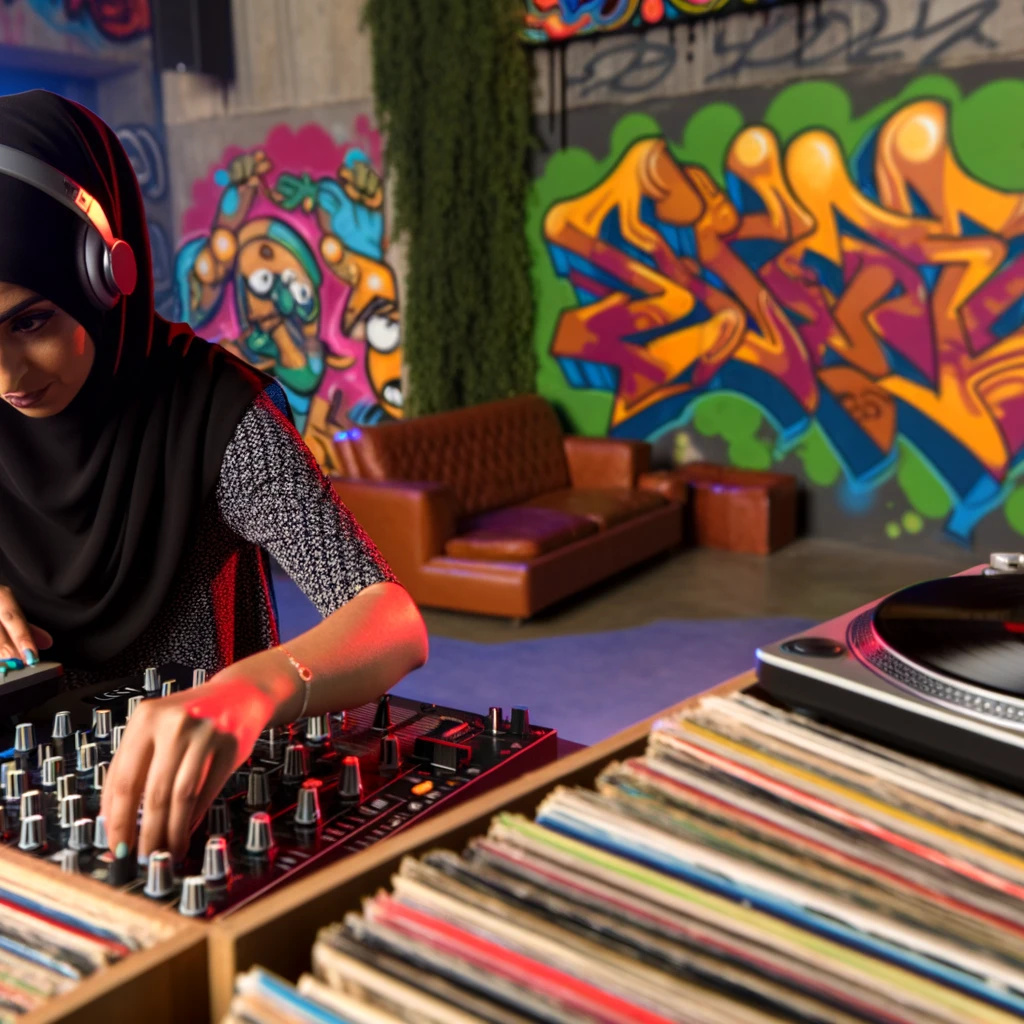
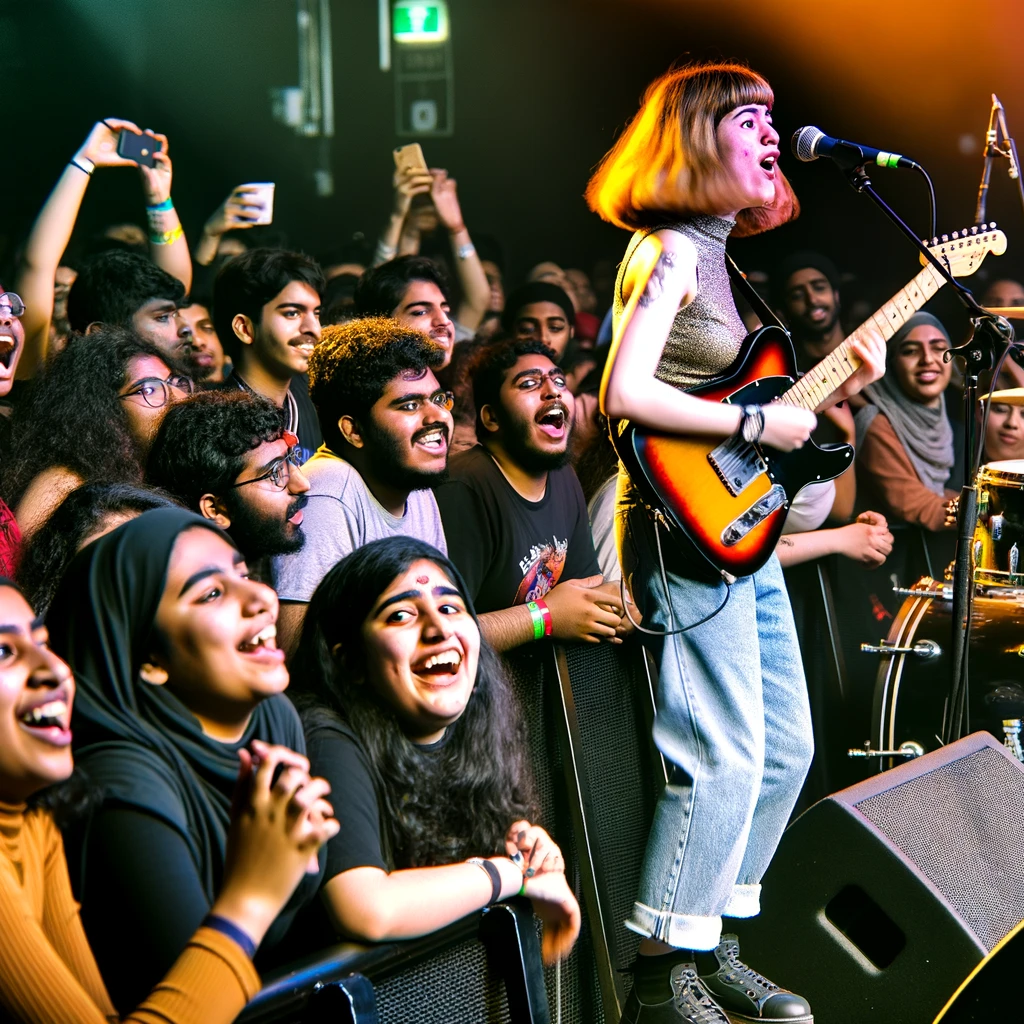
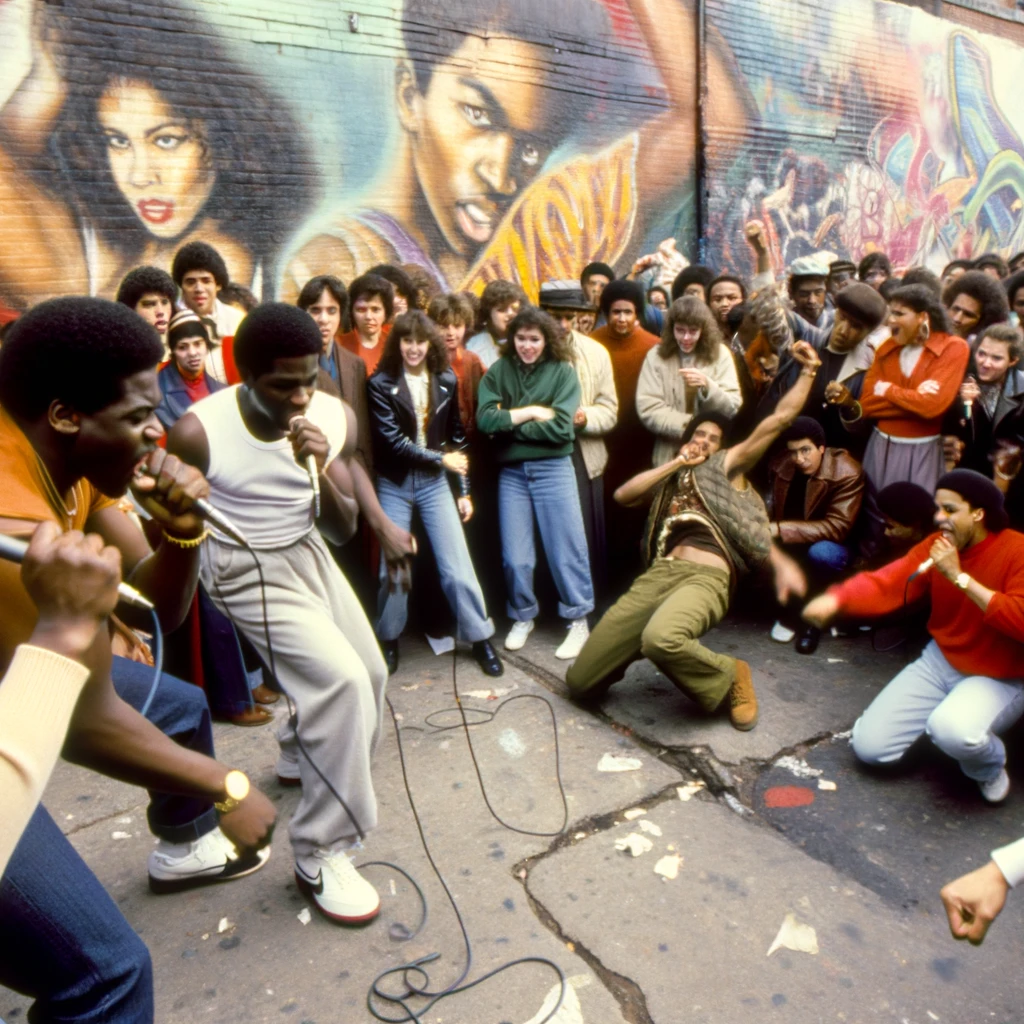
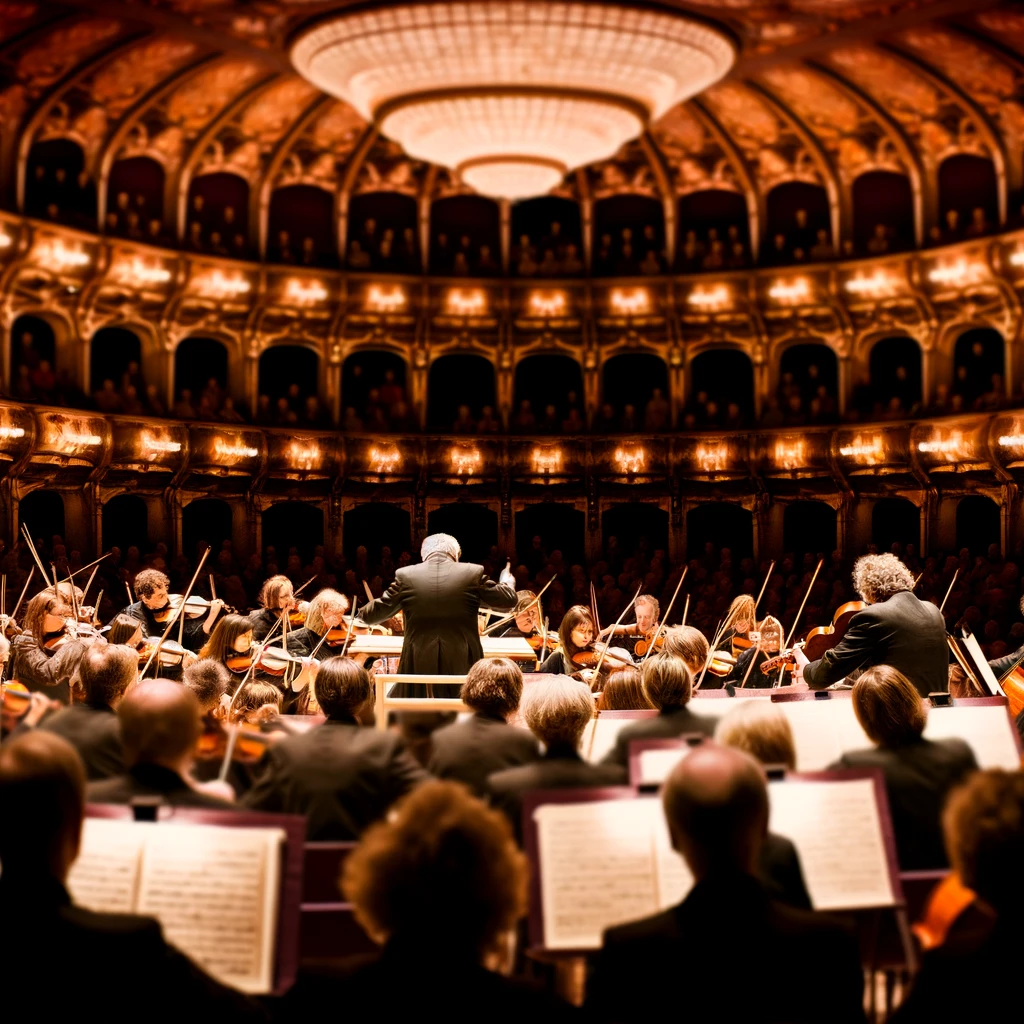
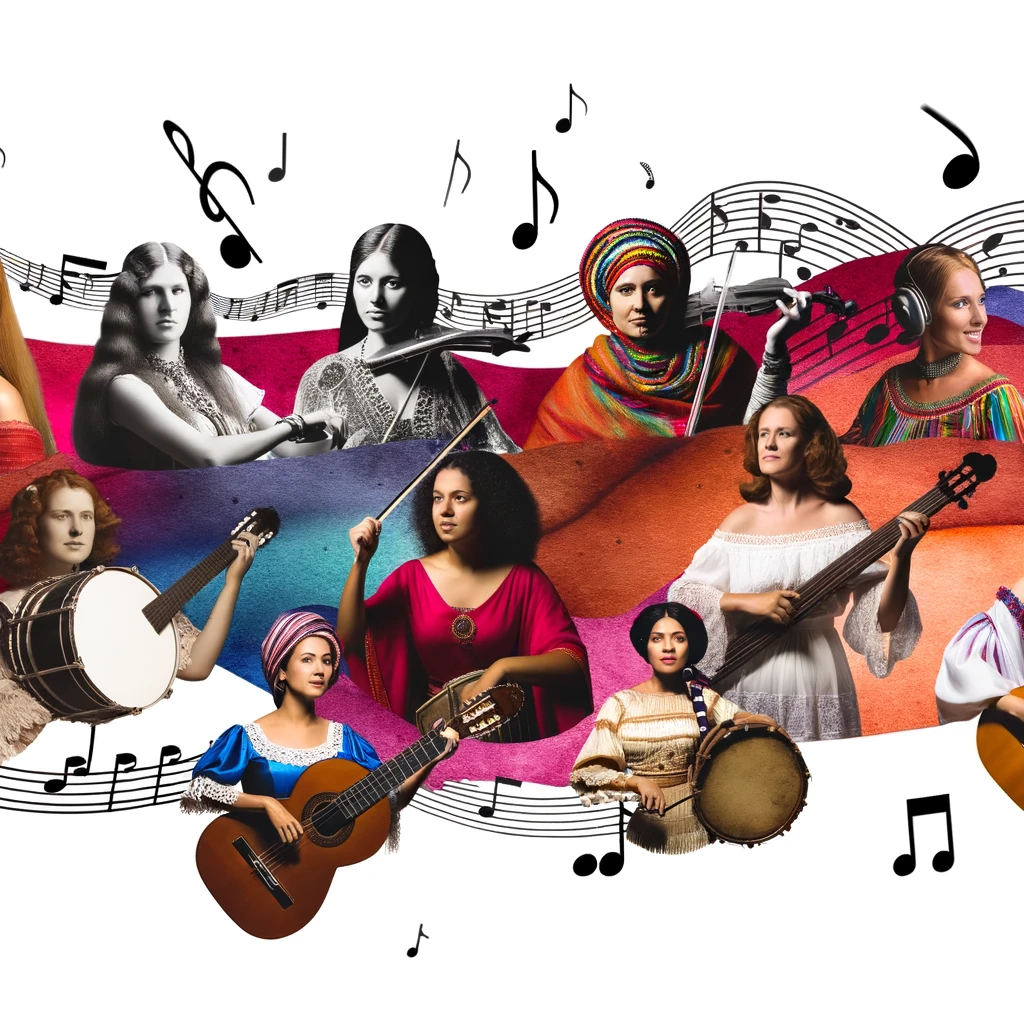





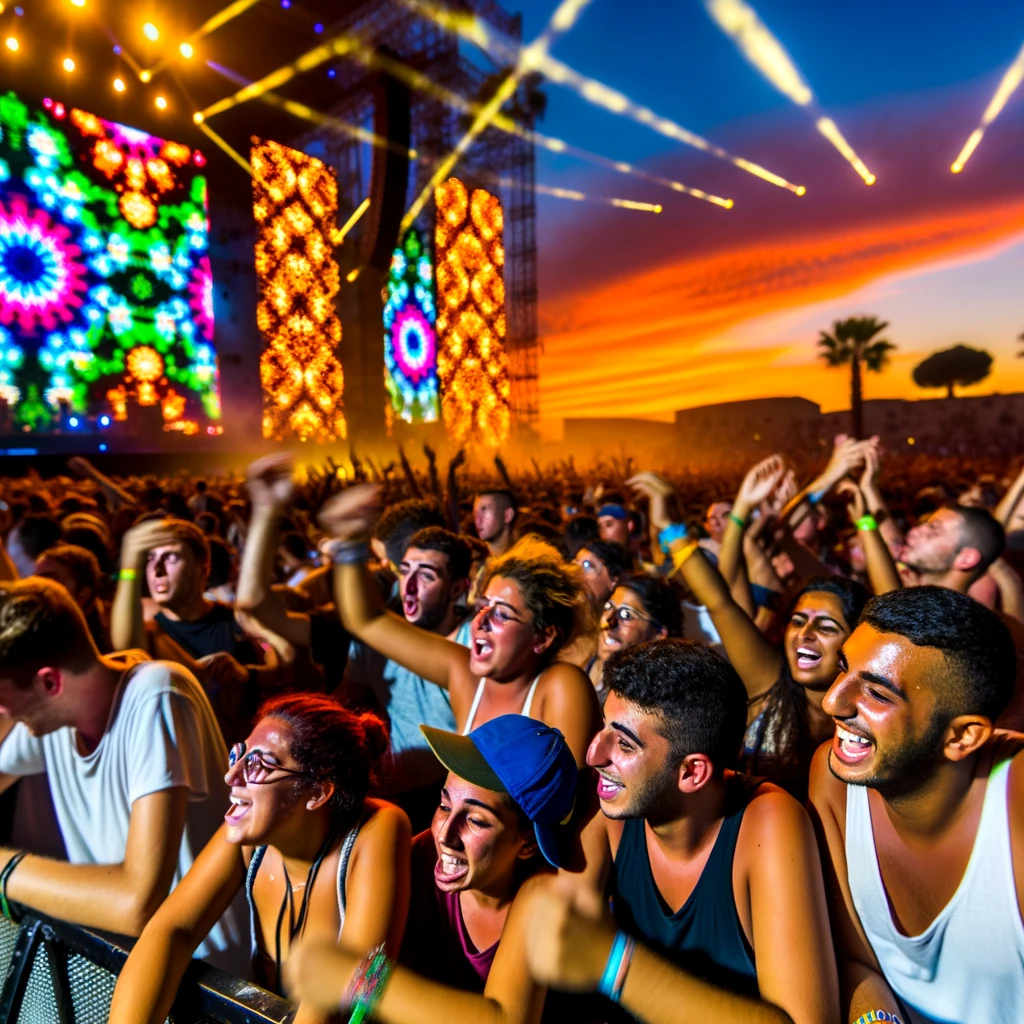
Music festivals have long been a cornerstone of cultural expression, evolving from small gatherings into globally recognized events that draw massive audiences. These festivals not only showcase musical talent but also serve as a reflection of contemporary music culture, influencing trends, shaping the careers of artists, and impacting the industry as a whole.
The origins of music festivals can be traced back to ancient times, where music played an integral role in ceremonies and celebrations. However, the modern music festival as we know it began to take shape in the mid-20th century, with iconic events like Woodstock in 1969 setting the precedent for future festivals. These early gatherings were not just about music; they were platforms for social and political movements, embodying the spirit of an era.
Music festivals have a unique ability to influence musical trends. By providing a platform for emerging artists and new genres, festivals can propel certain styles of music into the mainstream. For instance, the rise of electronic dance music (EDM) in the early 2000s was significantly bolstered by its presence at festivals like Tomorrowland and Ultra Music Festival. These events introduced EDM to wider audiences, helping it to become a dominant genre in contemporary music.
One of the hallmarks of modern music festivals is their diversity. Festivals often feature a wide range of genres, catering to varied musical tastes and encouraging cross-genre collaborations. This diversity not only enriches the festival experience but also fosters a culture of innovation within the music industry. Artists are inspired to experiment with new sounds and styles, leading to the creation of hybrid genres that keep contemporary music dynamic and evolving.
For many artists, performing at a major music festival can be a career-defining moment. Festivals offer unparalleled exposure, allowing artists to reach new audiences and gain credibility within the industry. Breakout performances at festivals have launched the careers of numerous artists, from legends like Jimi Hendrix at Woodstock to more recent stars like Billie Eilish at Coachella.
Beyond performance, festivals provide invaluable networking opportunities. Artists have the chance to connect with industry professionals, collaborate with other musicians, and engage with media and influencers. These connections can lead to new projects, record deals, and collaborations that further an artist's career.
Music festivals are not just cultural phenomena; they are significant economic drivers. They generate substantial revenue through ticket sales, sponsorships, and tourism. Local economies benefit from the influx of visitors, who spend money on accommodations, food, and transportation. Furthermore, festivals often promote cultural exchange, bringing together people from different backgrounds to celebrate music and art.
Despite their many benefits, music festivals face challenges related to sustainability and environmental impact. The massive scale of these events can lead to significant waste and resource consumption. However, many festivals are taking steps to address these issues by implementing green initiatives, such as recycling programs and renewable energy sources, to minimize their environmental footprint.
As technology continues to advance, the future of music festivals looks promising. Virtual festivals and live-streaming have become increasingly popular, allowing global audiences to participate in events from anywhere in the world. These innovations are likely to continue shaping the festival experience, making it more accessible and interactive.
Music festivals will undoubtedly remain a vital part of contemporary music culture, constantly adapting to reflect the ever-changing landscape of the music industry. They will continue to influence trends, support artist development, and foster a sense of community among music lovers worldwide.